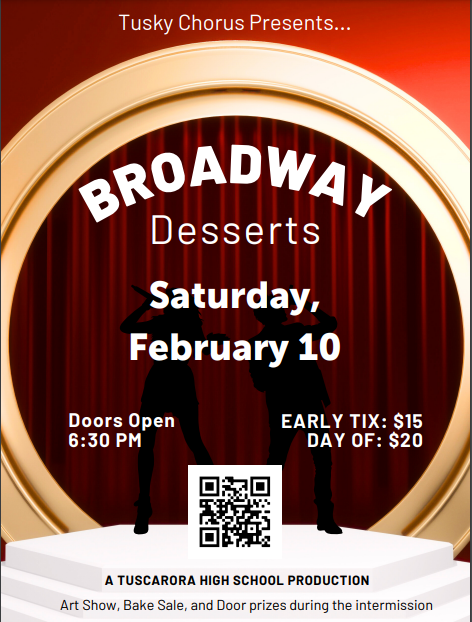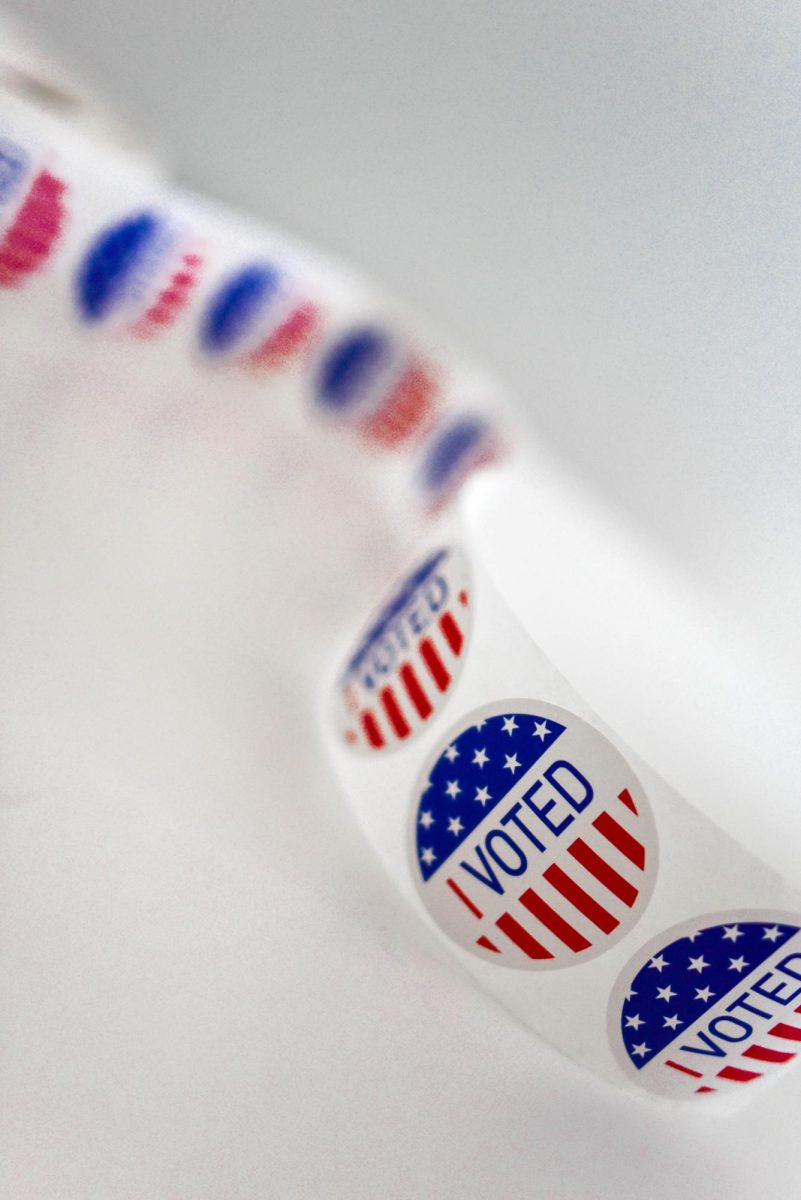By: Danny Sedlazek
I’ve heard pop music called by many names– “meaningless,” “uncreative,” “terrible” – and I often find it hard to find a counter-argument. Most of the time, pop music’s job is to be fun, candy- coated, and easy to sing along to. That’s why when Lady Gaga puts out a song about gay pride, it gets far less play than a song about dancing at a club.
But it seemed change was on the rise. As much as I don’t like fun and Goyte, “We Are Young” and “Somebody I Used to Know” both charted at number one on Billboard while being unformulated, not-shallow, and original (when compared to the rest of the charts). They were both pleasant surprises, sure, but were far from the winds of change that some critics made them out to be. After all, in the 6 months since they peaked, we’ve seen the explosion of “Call Me Maybe,” a handful of hits from who-is-this-again rapper Flo Rida, and a Taylor Swift song that revolves around rhyming “never” and “ever” for three minutes. It wouldn’t be a stretch for one to believe that intelligent music won’t sell.
Enter Kendrick Lamar. Kendrick is a 23-year-old rapper from Compton who was largely unknown outside of his city for many years. Then in 2010 he dropped Overly Dedicated, an EP that garnered quite a lot of online buzz and had many an overly eager blogger christening him the “future of hip hop.” However, this is quite meaningless in a genre where everyone and their grandma has been given that crown at one point in time.
Then, out of nowhere, Dr. Dre, founding member of legendary group N.W.A.; creator of the biggest west coast label in history, Death Row Records; and the man who brought us Snoop Dogg, Eminem, 50 Cent, and The Game, endorsed him. This is the man who helped define the sound of hip hop for more than 20 years, and who has had more hits than a whack-a-mole high score. It put Kendrick at the forefront of the west coast hip hop scene. However, something was quite different about him when compared to Dre’s previous apprentices.
Kendrick was a socially conscious rapper who preached against using drugs and gang activity rather than bragging about partaking in them.
While his hype was still building, Kendrick dropped his debut album and my favorite album of 2011, Section.80, a concept album detailing the ills of generation Y such as prescription drug abuse, infidelity, and racism. While I loved the album with all my heart, and noticed that it made Kendrick a cult-hero of sorts within the hip hop community, I could never picture him being mainstream if he didn’t sacrifice his message. It didn’t make any sense.
Over the next year, Kendrick was signed to Dr. Dre’s label and began working on his major label debut. He dropped two singles, “The Recipe,” an ode to LA, and “Swimming Pools (Drank),” which examined the relationship between peer pressure and alcohol abuse. Both were fairly poppy, and “Drank” had gotten a little radio play, but his success was marginal at best. Then, on October 16th, a week before his debut album good kid, m.A.A.d city was supposed to drop, it leaked online. I thought all chances he had at a big-selling record died right there.
The next day, Kendrick released The Heart Part 3 on his Soundcloud, in which he asked his fans if they were not going to buy his LP and “let hip hop die on October 22nd?” It was one of his most emotionally raw performances to date, but I didn’t expect that to be enough to save his skin.
I bought the album a week later, and I was amazed. Kendrick didn’t sell out at all; in fact, he put out his most intelligent work to date. good kid, m.A.A.d city is a concept album that tells the story of the most important night in the life of 17-year-old K.dot, which borrows liberally from Kendrick’s own past experiences in Compton.
It’s a storytelling album first, but it contains heavy socially conscious material. What amazed me, though, was that the central theme of the album was not one of the usual hip hop topics, but peer pressure. Without spoiling the story, the album is about how K.Dot’s friends and surroundings in the “mad city” try to corrupt the “good kid.” It’s such an easily relatable theme–every person who has ever lived has experienced the negative effects of peer pressure. It is an amazing album, easily one of the best of the year, and potentially a classic. So there is no way I could imagine it being successful.
Then, when the week was over, I was skimming the news, and one story headline blew my mind:
“Kendrick Lamar has Best Selling Debut of Any Male Rap Artist this Year”
He outsold Rick Ross, Kanye West, and Meek Mill, who are all extremely popular artists. Kendrick had made it without sacrificing any of his artistic integrity.
But, more importantly, he has proven to the music industry that it is possible for intelligent, thought-provoking, and meaningful music to sell. I don’t imagine the entire record industry flipping on its head overnight, but this is a huge victory for fans of good music everywhere, regardless of what your favorite genre is.
Kendrick Lamar is a shining example of what mainstream rap, and pop music in general, can be. In the age of the Internet, more amazing artists than ever are trying to break through into the public eye, and good kid, m.A.A.d city may just turn a little bit more attention their way. I may be looking forward with rose-tinted glasses, but I can’t help but be hopeful: Kendrick Lamar is the king of the rap game right now. I never would’ve imagined that two years ago. Maybe I’m overcompensating, and this will be just another flash in the pan, but my fingers are crossed that it’s just the opposite.





